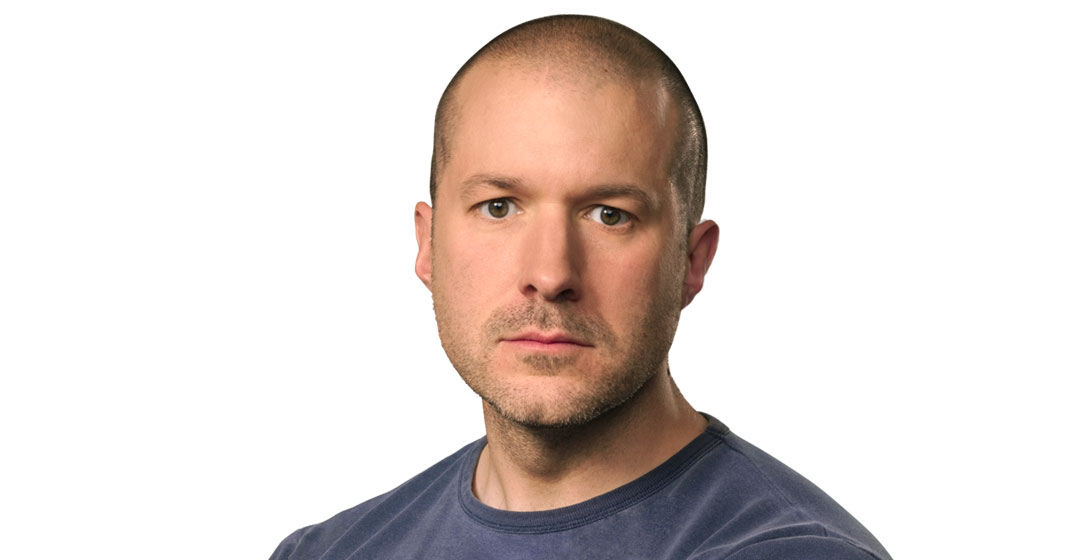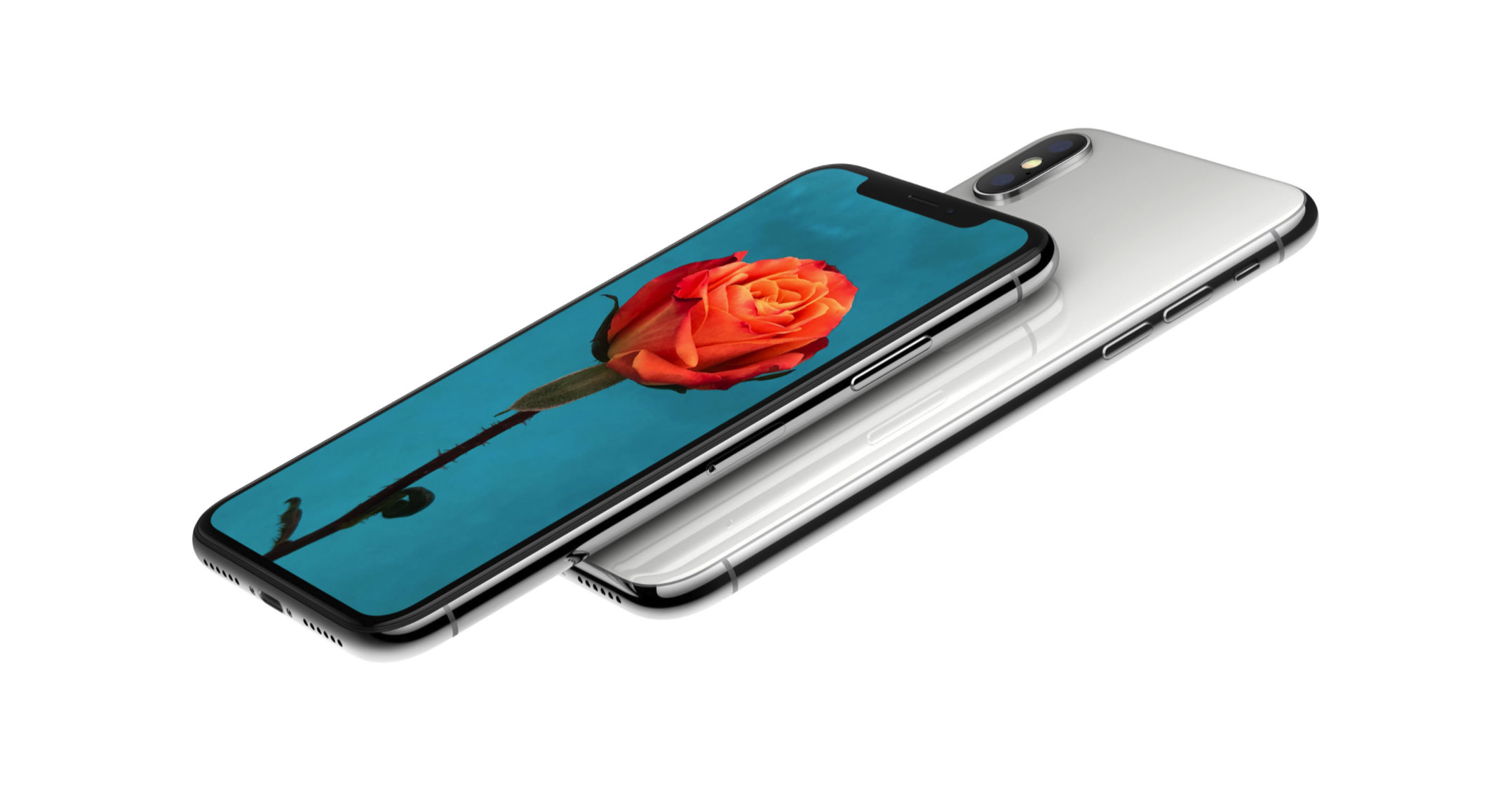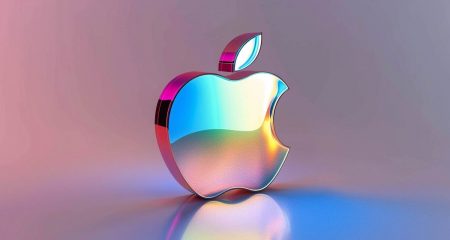
There will be stories of palace intrigue involving Jony Ive, the Apple design chief who announced Thursday that he is planning to exit the company after more than a quarter of a century. This is a simpler tale: it was time.
Apart from Steve Jobs, the co-founder and former CEO, perhaps no person is more identified with Apple’s rise from the cusp of bankruptcy 22 years ago to one of the most admired and successful companies in the world. Ive’s place in technology’s history is assured. He helped make computers more fun, helped put millions of songs in everyone’s pocket and helped change how people interact with technology thanks to the iPhone.
But it was time. It’s time for Ive, who had been less publicly visible and perhaps less involved as well, to move on. It’s also time for Apple and the rest of the technology sector to move past the cult of the designer that Ive represented.
The future of Apple and the technology industry will be shaped by software and other technologies that don’t have to look beautiful as Ive’s designs do. The future is computing woven into anything, and it’s not intended to be noticed or adored. It’s software and Internet-connected sensors that can warn a factory owner about a baulky production line long before it breaks down. It’s technology that can teach someone a new language more quickly by analysing the mistakes of millions of other language learners. It’s the ability for a computer to pilot a car with human-like decision-making.
Ive was in recent years in charge of Apple’s software design as well as hardware, but software wasn’t his passion. Ive, an industrial designer, grew famous for obsessing over every smartphone curve and the precise dimensions of a desk chair. People with impeccable instincts for what is tasteful and good in physical things will still matter in the future of technology infused into everything, but they will be less supreme. They are less worthy of cult-like adoration. The future belongs to the nerds.
Important milestone
That makes Ive’s departure as an Apple employee an important milestone for the company and the industry, but not a consequential one. Everything right with Apple is still right. Everything wrong is still wrong.
For the foreseeable future, Apple remains the iPhone company. For all that changed at Apple since Tim Cook took over as CEO for Jobs in 2011, it remains Steve and Jony and Tim’s iPhone company. That’s both a blessing and a curse. Few companies have changed everything with a single product. The iPhone did that, and it made Apple, founded in 1976, rich and blessed with the resources to try to stay relevant for at least another 43 years.
Apple may still be the iPhone company, but this is less and less an iPhone world. Globally, smartphone sales have stopped growing. That’s what has changed most profoundly from prior rocky patches, notably around 2013. Apple relies on a product for which demand isn’t growing, and nothing else can possibly come close to filling that hole. Pockets of smartphone promise such as India, Nigeria and Vietnam are places where Apple has limited presence and little hope. Technology now is truly global, and Apple remains profoundly parochial.

Citing the more than half of Apple’s revenue that comes directly from iPhone sales underplays Apple’s dependence on that singular smartphone with Ive’s handiwork. The iPhone is the sun around which Apple’s current and near-future products orbit. People are far less likely to buy Apple’s wireless headphones, Apple’s streaming video subscriptions or iPhone apps if they don’t own iPhones.
Apple is leaning now on these non-iPhone products for growth, but it won’t change that. The “resource curse” is the shorthand for oil-rich countries that grow dependent on fossil-fuel revenue and see their development suffer. That’s Apple.
But the future cannot be Steve and Jony and Tim’s iPhone company. To thrive, Apple needs to change its identity in ways that don’t come naturally. Apple is far from a leader in emerging areas such as driverless cars, cloud computing and artificial intelligence. Can the company that brought you iTunes — a software so maligned and clunky that even an Apple executive made fun of it at a recent conference — really bring the world vehicles without drivers?
Apple deserves kudos for carefully stage-managing the exit of Ive. When he leaves later this year, the company said Ive will head his own design firm that will have Apple as a client. Presumably sometime down the road, Ive will hang up his (very tasteful) hat for good. It’s a big moment. It also a long belated signpost of how much Apple’s hardware-obsessive heritage is becoming a relic. — (c) 2019 Bloomberg LP




